The 577 newly elected members of the French National Assembly, when they gather for the first time in Paris on July 18, will face a crucial "test": voting to elect a new Speaker of the House of Representatives.
The Speaker of the National Assembly is the fourth-highest-ranking position in France, responsible for organizing the parliamentary agenda and leading debates. Any political party would love to have one of its people in such a key position.
In addition, the results of this vote are also closely linked to the process of electing a Prime Minister and forming a new government to lead the second largest economy in the Eurozone.
The important vote
After "coming from behind" to win early legislative elections in France, the left-wing coalition New Popular Front (NFP) has many opportunities to put its people in the position of President of the National Assembly.
The NFP is a hastily formed coalition ahead of the two-round general election on June 30 and July 7, comprising four main left-wing parties – the Socialist Party, the Green Party, the Communist Party and the France Unbowed (LFI) movement of far-left politician Jean-Luc Mélenchon.
While still unable to agree on a candidate for Prime Minister, after days of tense negotiations, the left-wing coalition unexpectedly showed solidarity by agreeing to rally around veteran Communist Party lawmaker André Chassaigne.
Mr Chassaigne, 74, beat four other candidates to win the coalition's nomination for the position of President of the French National Assembly on the evening of July 17 - less than 24 hours before the vote.
The vote to elect the President of the French National Assembly (lower house) is crucial because much of what happens next will depend on the outcome of this vote, said LFI lawmaker Clémence Guetté.
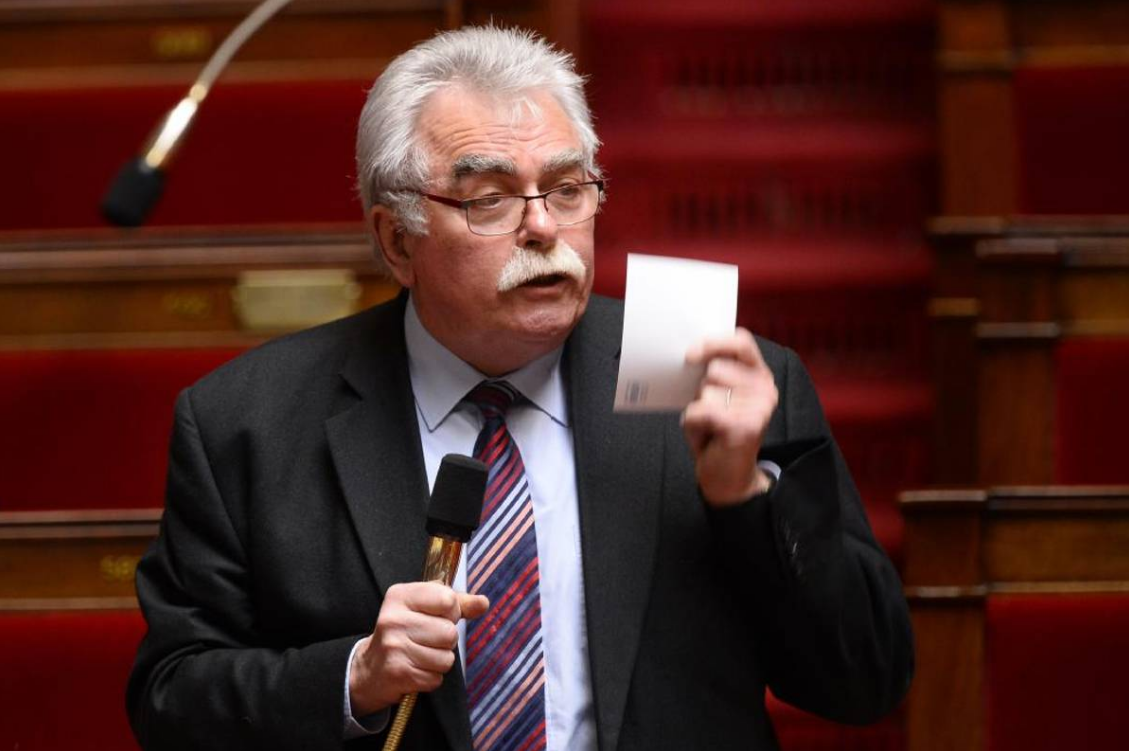
Veteran lawmaker André Chassaigne is the candidate of the left-wing NFP coalition for the presidency of the French National Assembly (Second House). Photo: Le Montagne
The pressure is now on other parties, including French President Emmanuel Macron's centrist Ensemble coalition and far-right politician Marine Le Pen's National Rally (RN) party, to reach an agreement on their potential candidate to defeat NFP candidate Chassaigne.
The vote on July 18 will be a crucial “test” of each political group’s willingness and ability to build bridges in a fragmented legislature where no faction has an absolute majority.
Whichever faction succeeds in winning this position will move one step closer to an even bigger prize: the French premiership and the ability to form a government leading Europe's only nuclear power.
The speaker of the French National Assembly, who is responsible for coordinating the daily debates, is elected using a three-round voting system. A candidate needs an absolute majority to win in the first or second round; if there is no clear winner, the candidate with the most votes in the third round is elected.
Nothing is certain yet.
With the support of the NFP alliance, Mr Chassaigne – who was first elected to the French National Assembly in 2002 and is popular across the political spectrum – has a strong chance of becoming the next leader of the French legislature.
However, the hurdles from other factions are significant, leaving nothing certain until after the votes are counted and the results are announced.
The centrists or the far right could form tactical alliances to outmaneuver the left. Talks are underway.
“We need to cooperate with the Republicans on current issues,” the outgoing interior minister said in a letter to members of Mr Macron’s Renaissance Party.
While President Macron's centrist faction is backing outgoing National Assembly President Yaël Braun-Pivet, other candidates are also acting on the possibility of cooperation between their parties.
Among them is Charles de Courson, a highly respected centrist independent lawmaker who has served in the French National Assembly for 30 years and is known for his extensive knowledge of policymaking.
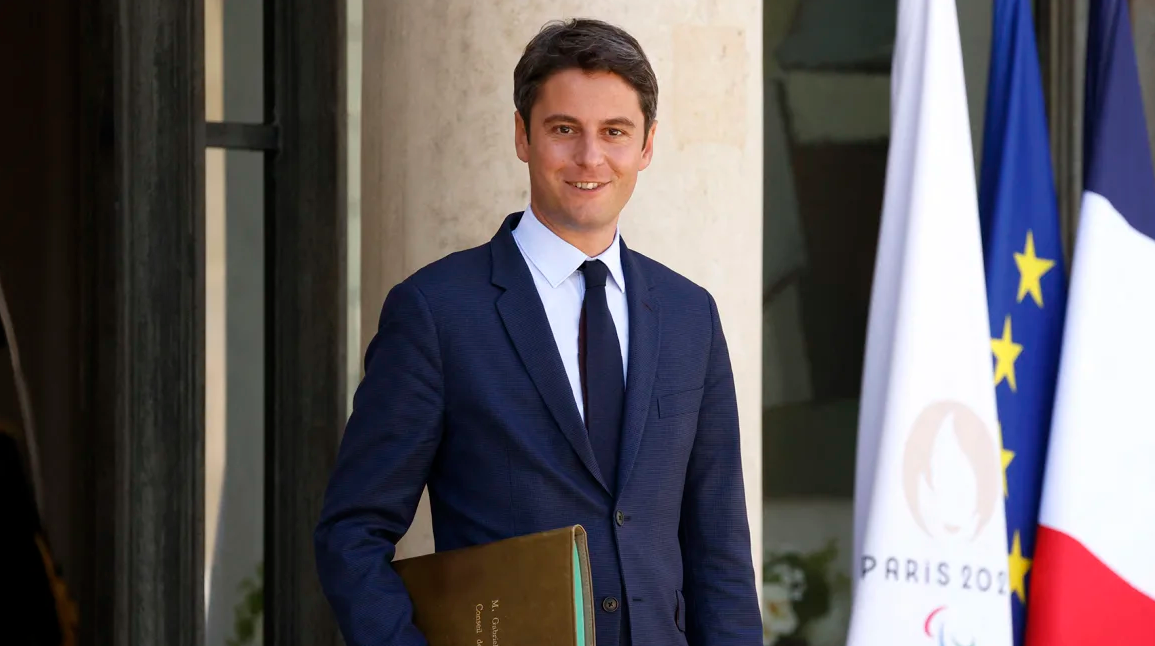
Outgoing Prime Minister Gabriel Attal leaves the weekly cabinet meeting at the Elysee Palace in Paris, July 16, 2024. Photo: Getty Images
President Macron on July 16 accepted the resignation of the government led by Prime Minister Gabriel Attal, but asked the young politician to continue as interim Prime Minister until a new Cabinet is appointed.
After resigning, the ministers elected as new lawmakers can participate in the vote to choose the head of the French National Assembly.
Mr Macron has said he will only appoint a prime minister backed by a "solid, and necessarily majority, coalition", implicitly ruling out the possibility of the NFP running the government alone.
Therefore, the vote to elect the President of the French National Assembly on July 18 will provide a clear indication of whether such a coalition is possible.
Minh Duc (According to Politico EU, Euractiv, CNN)
Source: https://www.nguoiduatin.vn/cuoc-bo-phieu-quan-trong-dau-tien-tai-quoc-hoi-phap-khoa-moi-204240718143158816.htm








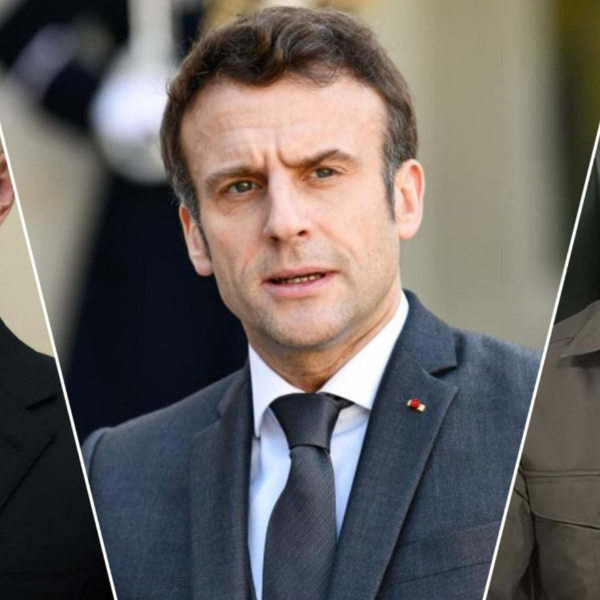
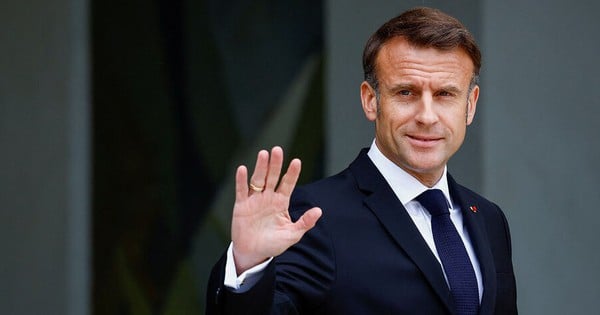
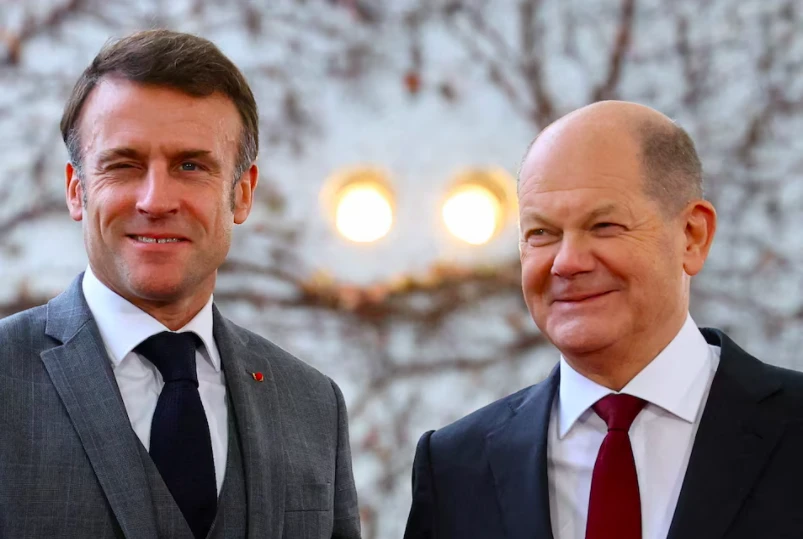

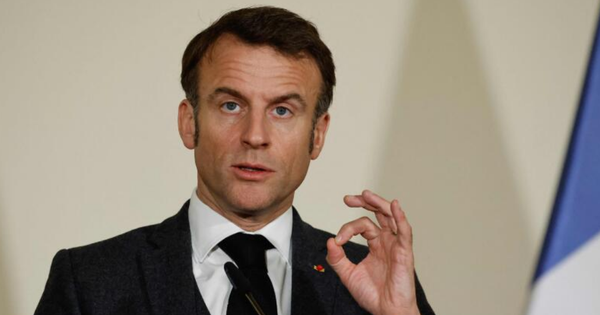
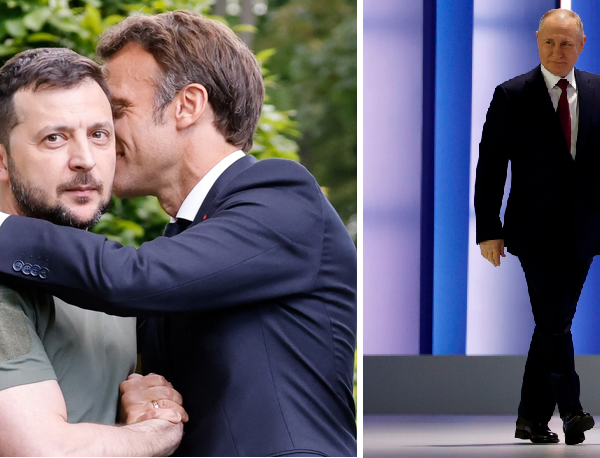
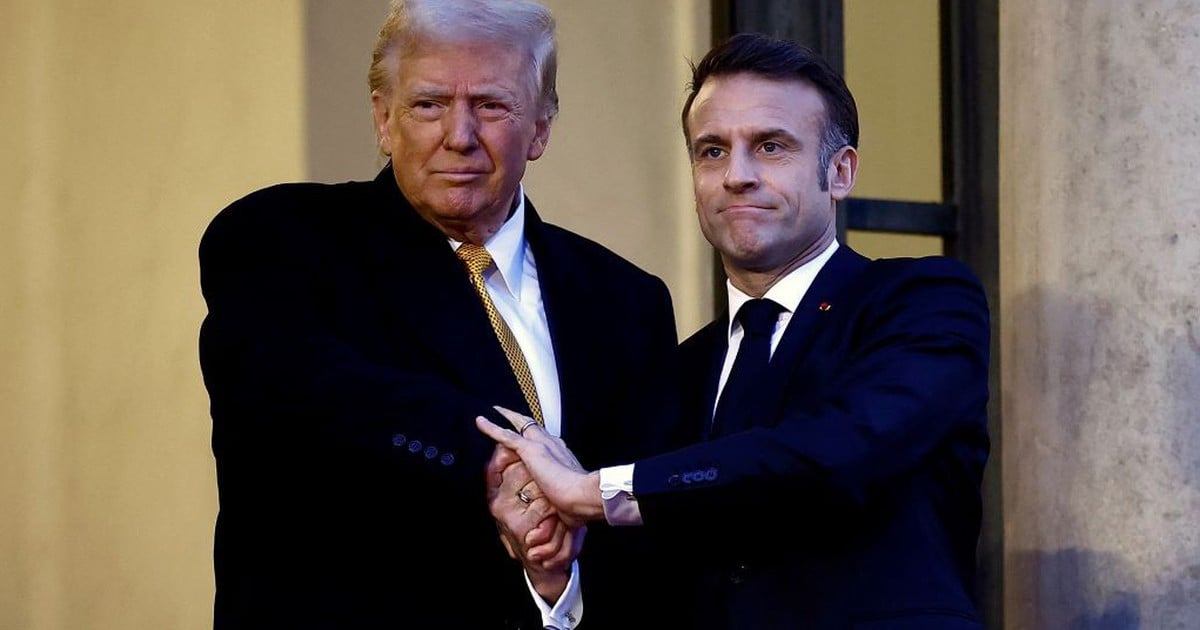





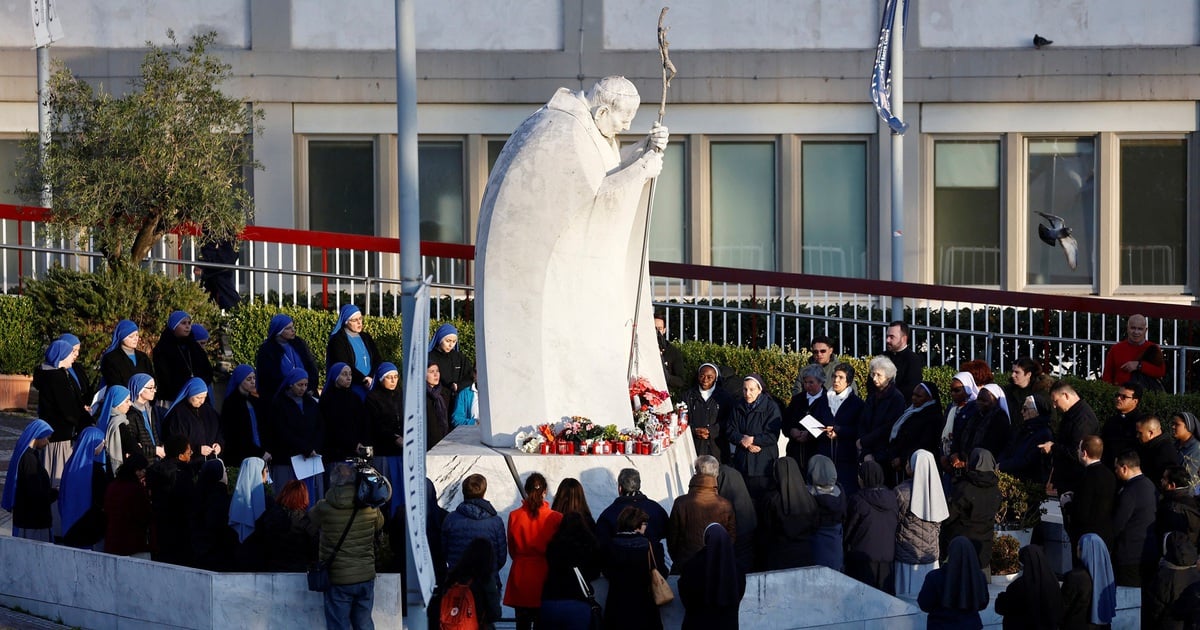
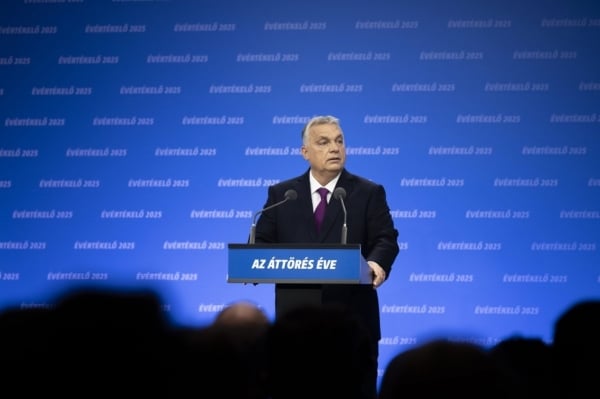
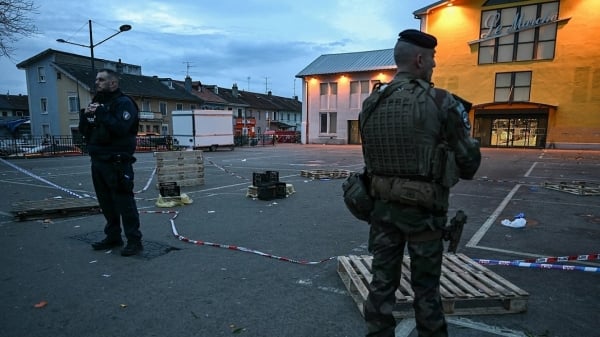


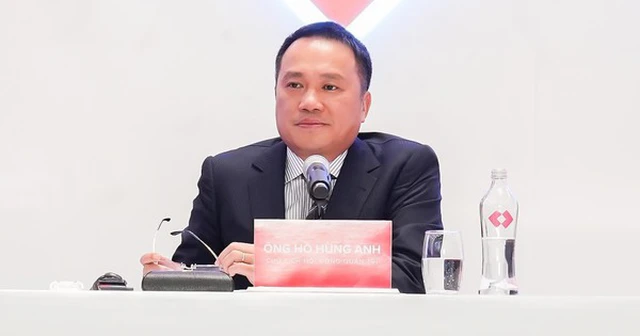
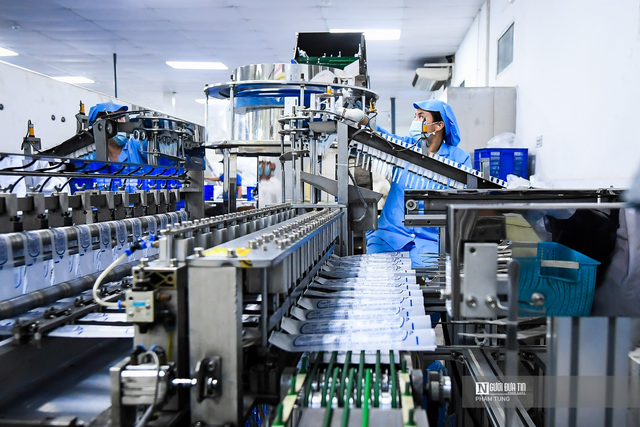
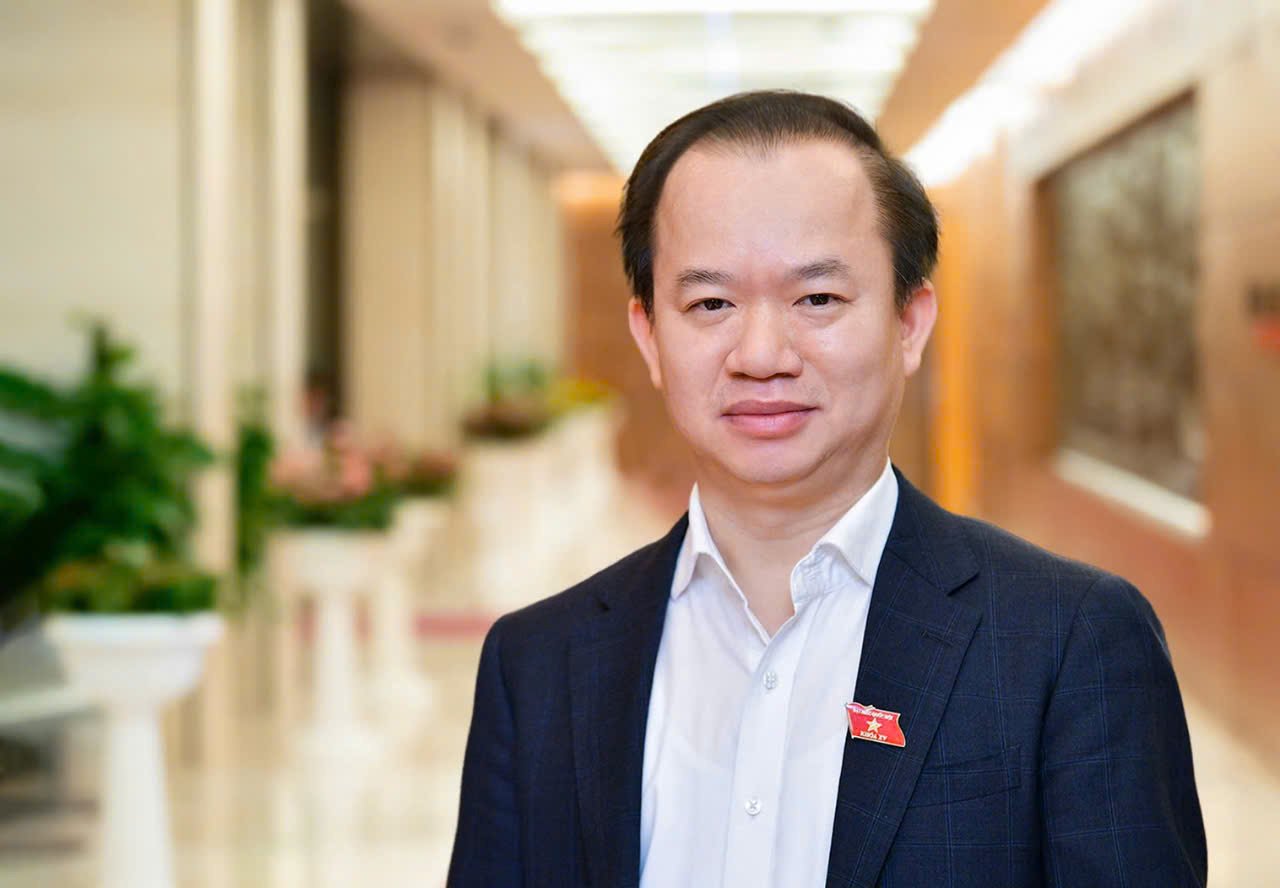
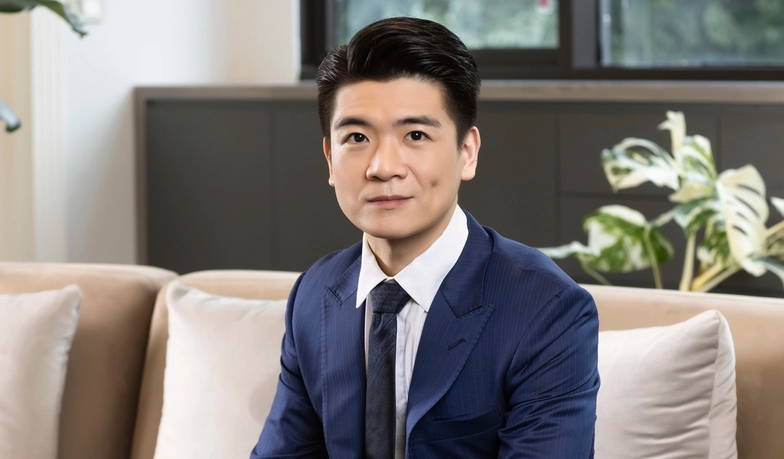









![[Photo] Prime Minister Pham Minh Chinh chairs Government Conference with localities on economic growth](https://vstatic.vietnam.vn/vietnam/resource/IMAGE/2025/2/21/f34583484f2643a2a2b72168a0d64baa)




























































Comment (0)